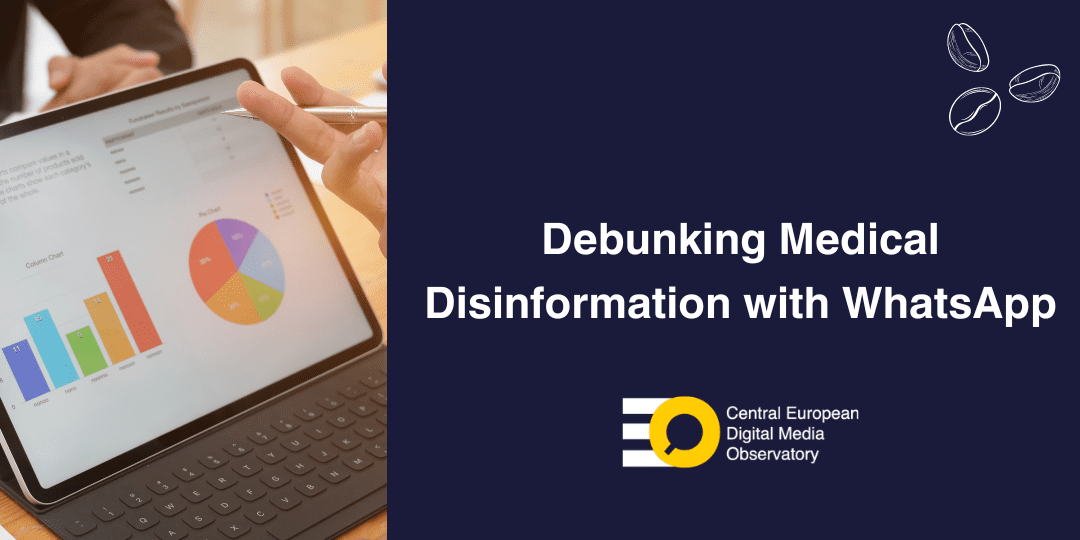
Disinformation can be as contagious as a virus – sometimes more so. They can reduce protective health measures, encourage risk-taking behaviour in populations, and encourage the spread of infectious diseases. The rapid increase in the use of social media has increased the volume of misinformation and the speed of its spread.
Most studies have been conducted with small cohorts of university students to test possible strategies against health misinformation in practice. Moreover, most of these studies were not anchored in a real-world context. An alternative approach to detecting disinformation may be practical in certain cases. Read the full text in our latest Coffee Beans.
Authors: Prof. RNDr. Vanda Boštíková, Ph.D., Faculty of Social Sciences, Charles University, and Prof. RNDr. Aleš Macela, DrSc., Faculty of Military Health Science, University of Defence
